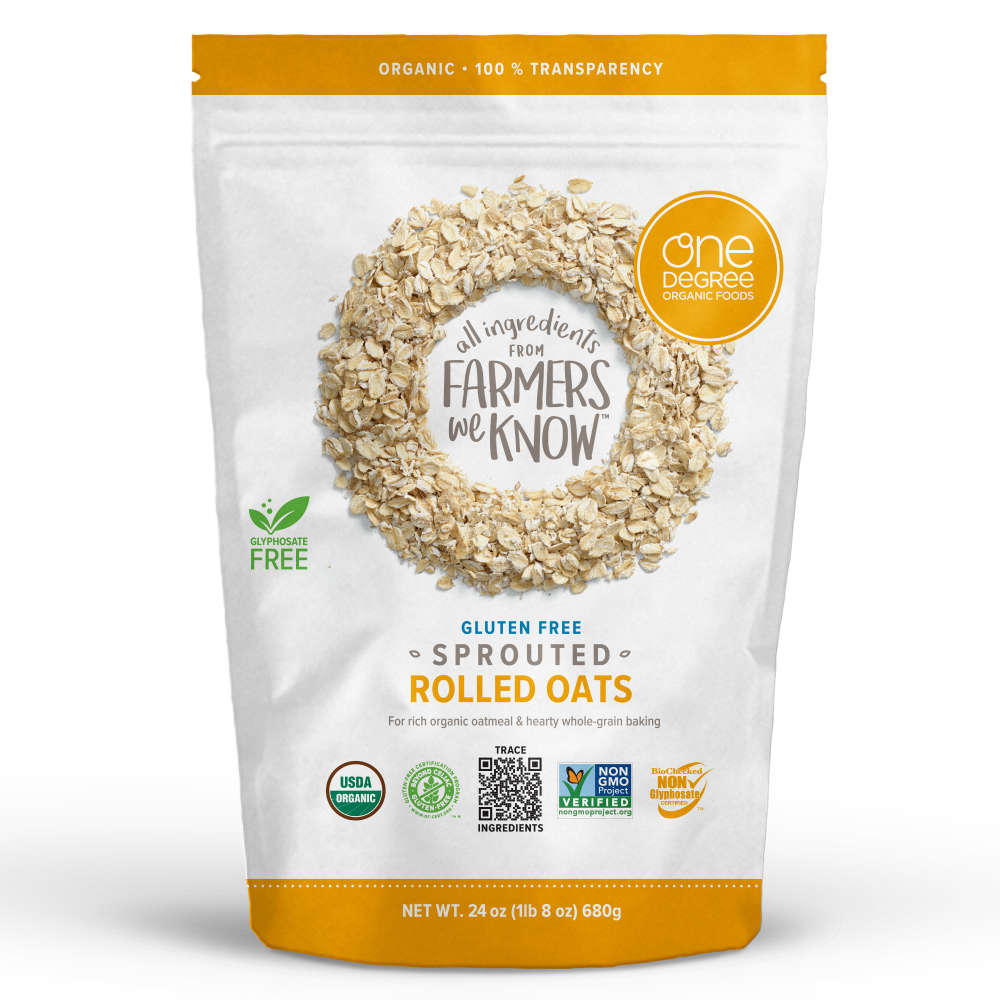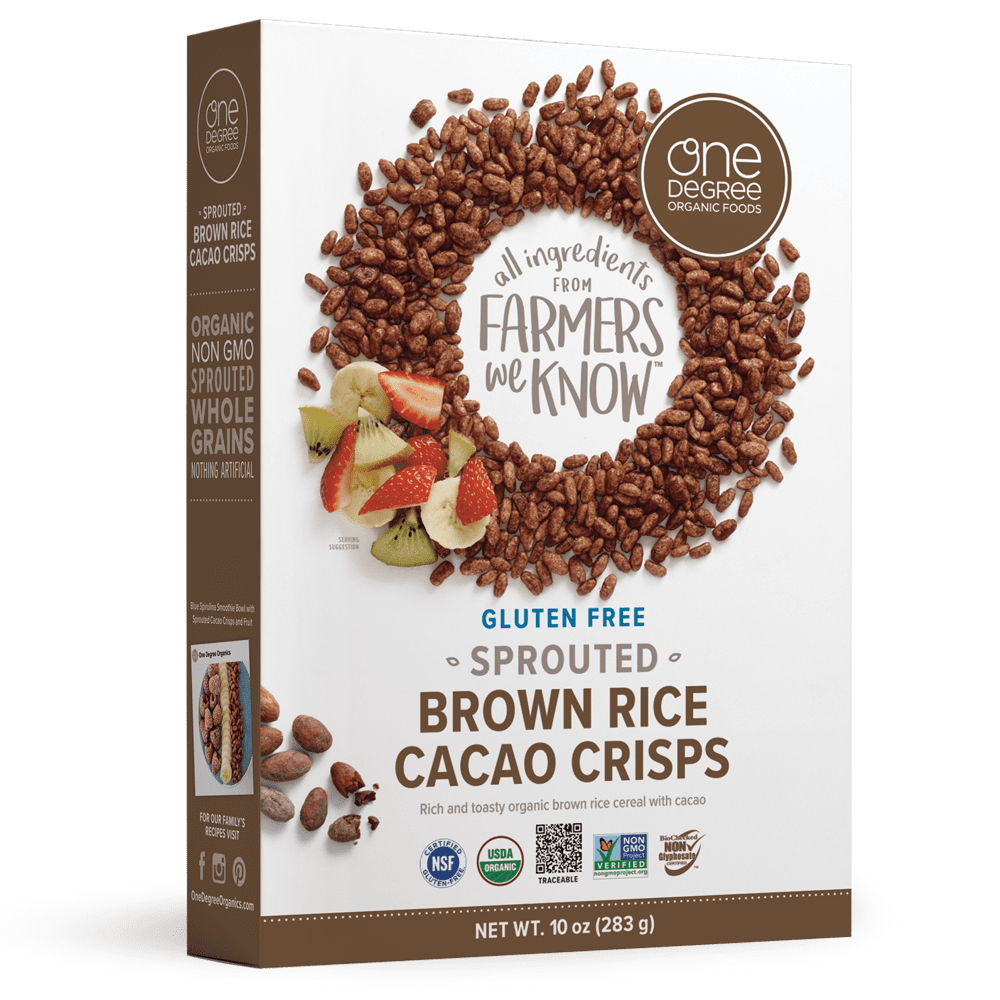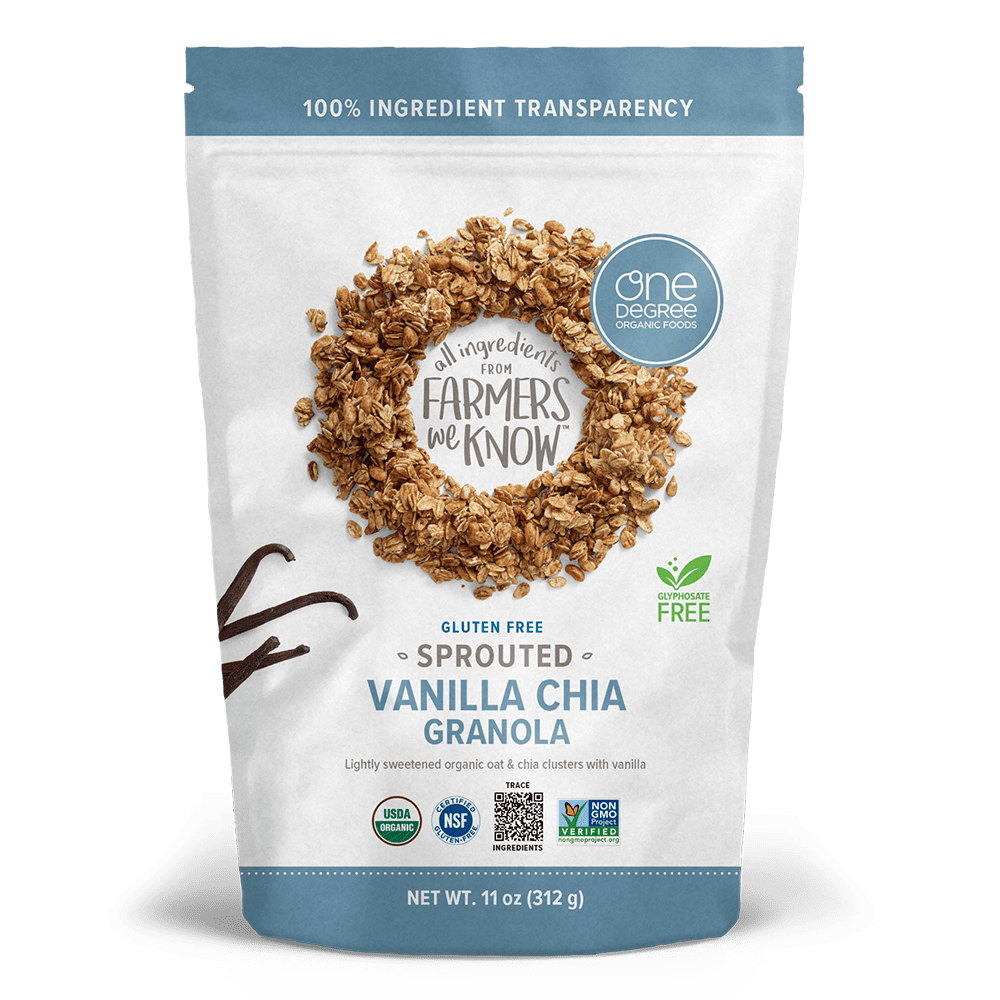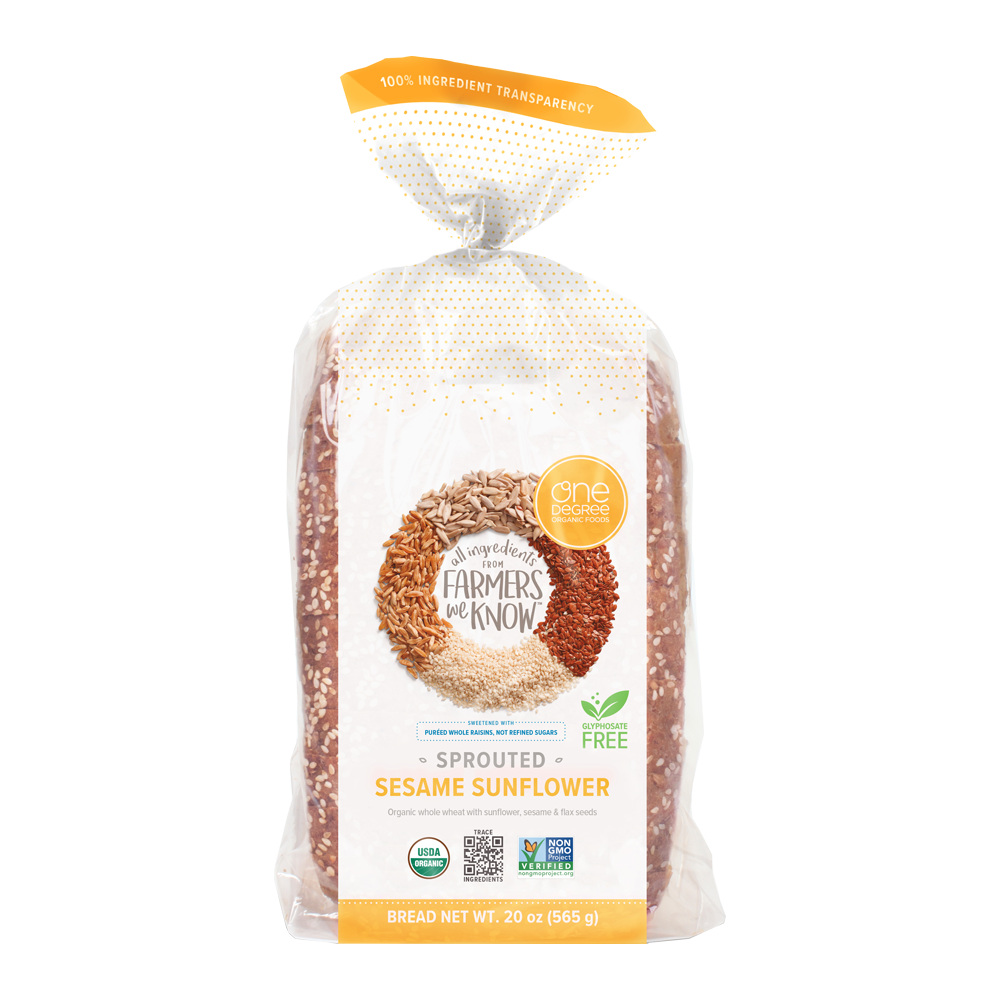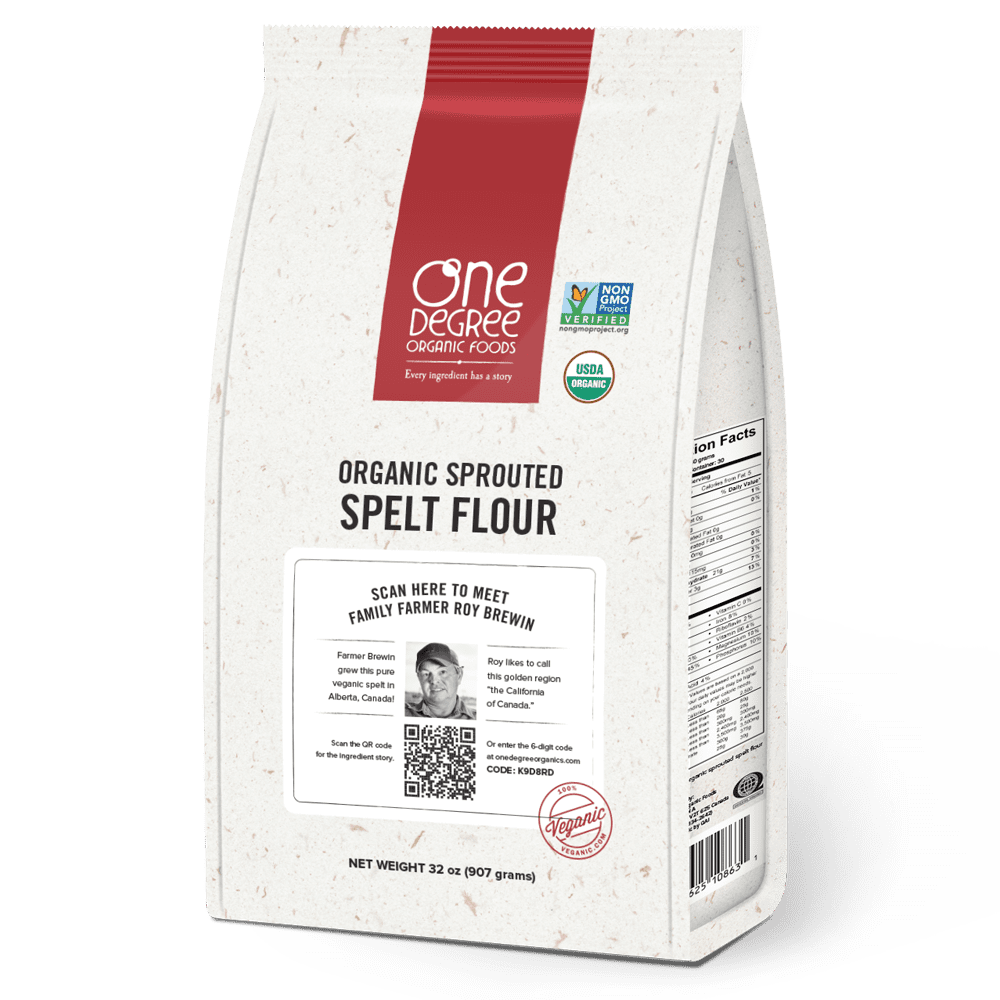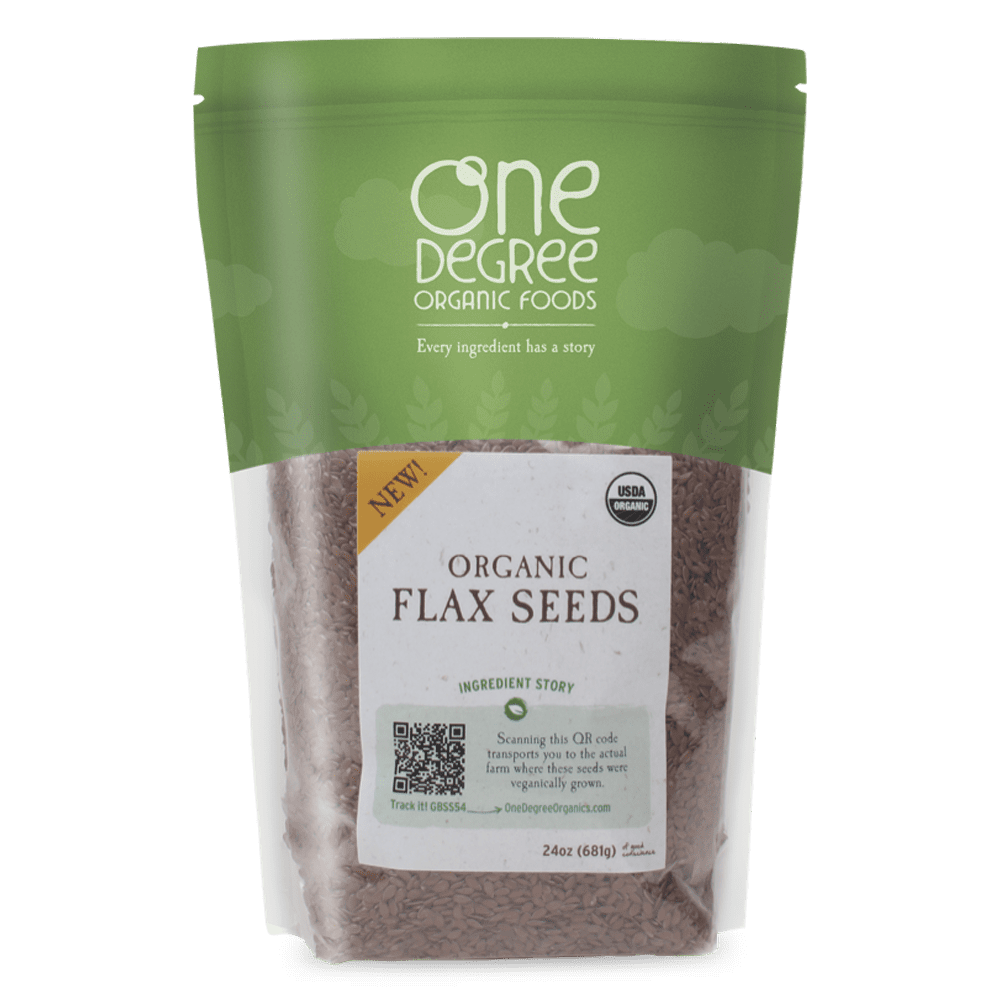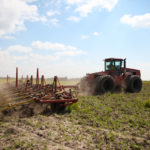Veganic Farming, Soil Health, and Sustainability
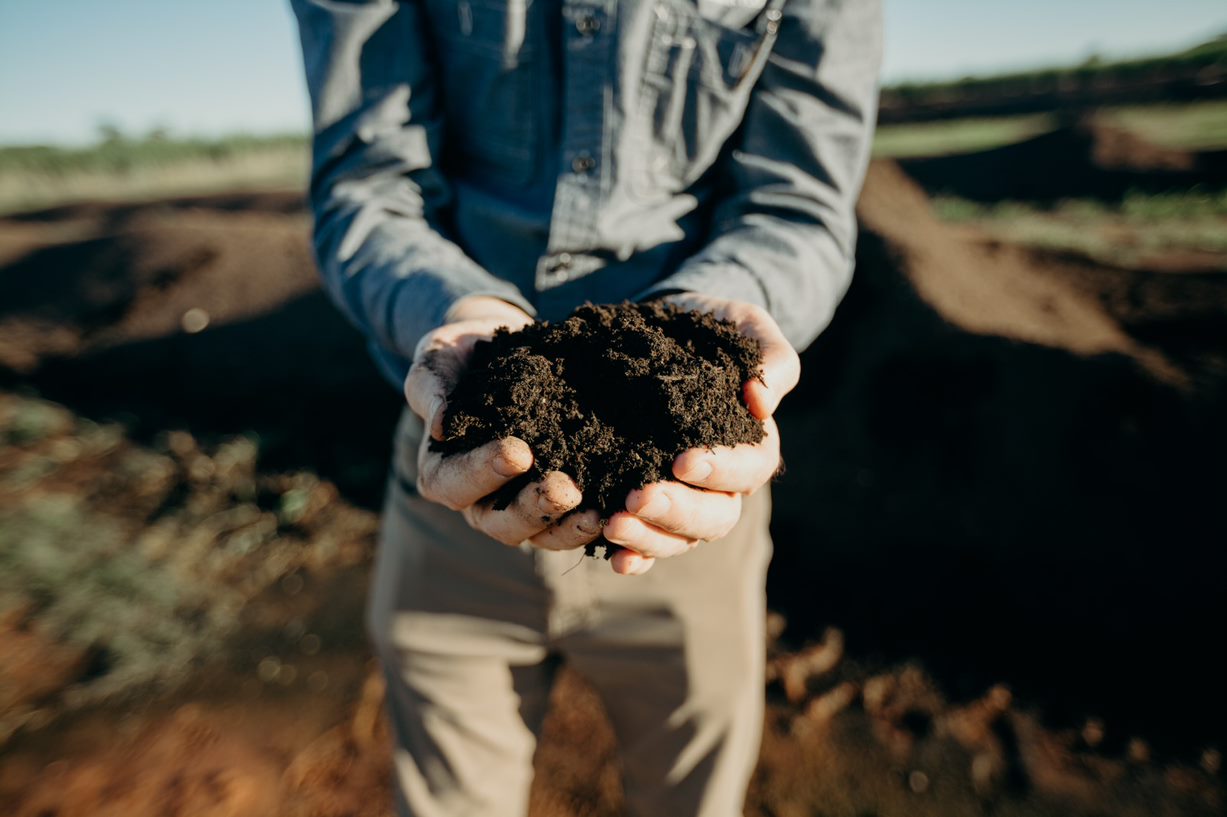
Why We Search the World for Veganic Ingredients
The more I’ve learned about health, the more I’ve recognized how important it is to have nutrient dense food. It’s made me care a lot more about the things I eat, and I’ve learned that the nutritional quality of food is directly related to the soil and methods used in growing it.
I was fortunate that our family had a garden when I was young, and it helped me to become aware of how food is grown, where it comes from, and the difference it makes when the plants are healthy and well cared for. I know I took it for granted at the time, but the more I’ve learned about health, the more I’ve been thankful for what growing food in a home garden taught me.
The passion to start One Degree Organic Foods came from our own quest to know where and how the food we purchased was grown. I started reading labels and looking on packages to find out where my food was coming from, because different countries have different regulations and systems relating to food, and I believe that where food comes from matters. I’ve always loved shopping at the local farmers markets and having the opportunity to meet the people who grew the produce they are selling. Connecting with the farmer at the market is both educational and important in building trust.
One Degree Organic Foods is committed to selecting each ingredient directly from the farmer. We go and meet them and learn how they grow their food, and our goal is to share their stories with everyone who enjoys our products. We view our role as the link between you and the farmers who are the true source of your great-tasting, healthy One Degree Organic Foods. We choose family farmers, and many of them care for farms that have been in their family for multiple generations. We always learn so much about the care of the land and the crops they grow, and we are inspired by their commitment and agricultural wisdom.
Veganic Farming: Why What Goes Into the Soil Matters
One very important question we ask is whether everything used to put nutrients into the soil is organic. That is something that matters a lot to us. Even with certified organic farms, the fertilizers used may include waste and by-products from animals that are not organic, and which may have been given hormones or antibiotics or been exposed to other toxins. In some cases, these fertilizers can impact the soil and the crops they provide nutrients for.
Our solution is to do our best to source ingredients we call “veganically grown,” meaning the farmer uses only plant-based organic nutrients on the soil.
Veganic farming normally involves crop rotations, where the farmer regularly changes what is grown in a field, and can also involve cover crops, where plants are grown and tilled back into the soil. These practices increase the biological activity and improve the soil nutrition without adding negative toxins that are common in manure from feedlot and other non-organic animals.
Sometimes our insistence on the veganic farming standard leads us a little farther from home, but it’s an inconvenience we believe is worth it for the health of our food and for the health of the planet. And that’s why you will meet farmers from our northern home of Canada to as far away as Tunisia!
On behalf of our farmers, I’d like to invite you to take a minute to scan the QR code on one of our packages and enjoy meeting some of the dedicated people who put so much care and energy into what you enjoy eating. Just like with the farmers market, we are confident the connection will build trust!
Read this article to learn more about our Veganic Principles. Scroll down to sign up for our newsletter to meet our Veganic farmers and get healthy organic recipes your family will love. Follow us on Instagram and Facebook for more!
